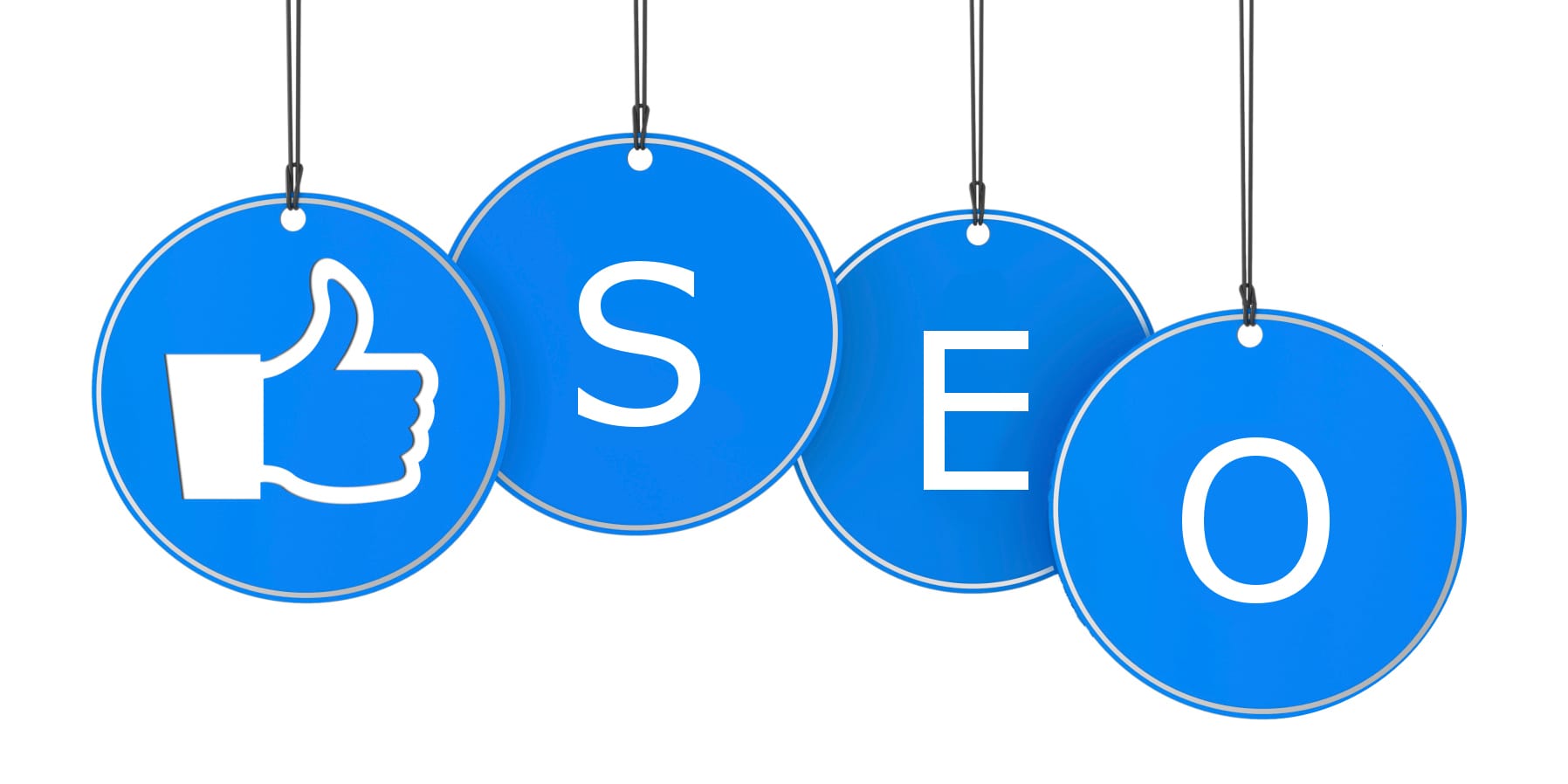Thinking about PPC as a way to diversify your online marketing spend and reach more customers? There are many good and many bad reasons to jump into the pay-per-click game. This summary is a follow up to a post we wrote a year ago on the same topic. See which of these categories you fall into and decide for yourself what your next steps should be.
To PPC
- You just launched your new website within the past year and organic rankings still look far off. Consider PPC to be a necessary evil to get you some site traffic until your organic positions improve, but keep a close eye on your budget and your return on your paid advertising spend.
- Your market is so competitive that you need as much page one real estate as you can get. Sometimes a page one organic listing isn’t quite enough. Your competitors may be crowding you out and getting eyeballs with special offers. If you have strong organic rankings but you’re still not seeing the site traffic you want, make sure to take a look at what your competitors are doing on the PPC side.
- Some keywords you will just never rank for. If you are a plumber in Gary, Indiana, ranking tops for “Gary, IN plumber” will be enough of a challenge. If you’d really like to reach customers in nearby Chicago, PPC is your only real chance, since you’ll never be tops in that market organically.
NOT to PPC
- It can cost a small fortune. PPC is expensive no matter what your business is. If you aren’t setting your campaigns up correctly (or even worse, letting Google set them up for you) it can cost you even more. You will end up paying for clicks that you don’t even want and that have no chance of converting into new business. In many cases, going after the most common terms in your market may be not as wise as cherrypicking from some of the more affordable keywords where competition is lower.
- PPC brings more tire kickers than real buyers. This is an unfortunate truth in PPC, since you’re going to get a lot of people who are very early on in the sales cycle and just learning about their options. But some of those tire kickers may convert so some see it being worth the spend. In addition, Google now offers call-only ads. The idea here is that people who are willing to pick up the phone and talk with you are more likely to be serious shoppers.
- PPC competition is brutal. Since it allows your competitors to be listed on page one just as easy as you can, it can all too easily end up in a bidding war for PPC rankings. Google loves when you do this, and so do their shareholders.
Maybe to PPC
- You have an event and need your customers or industry to know about it. Almost instant page one placement means getting the word out fast if you are willing to open your pocketbook.
- You are ranking decently for most terms but still need a little kick to get the amount of business you desire. PPC can help supplement your organic listing but watch that it doesn’t become a crutch that you need to rely on just to make payroll.
- Your ego is so big that you absolutely must be #1 for everything, no matter what the cost. We’re being a little extreme here but believe it or not, we have encountered folks like this and seen them spend $50 per click because they just have to be #1. It’s never something we’d encourage, but if it helps them sleep better at night, maybe it’s a good choice.
No matter what you decide, we DO NOT recommend you enlist the help of Google, Bing, or whomever you are advertising with. PPC is how they make the bulk of their money and their strategy is to get you to spend. Get someone who’s more impartial (preferably your web team) to manage the campaigns for you.
Summary

Article Name
To PPC or Not to PPC? – Part 2
Description
Learn the reasons why you should and should not be engaging in pay-per-click advertising to promote your website.
Author
Sector 45
Publisher Name
Sector 45
Publisher Logo

